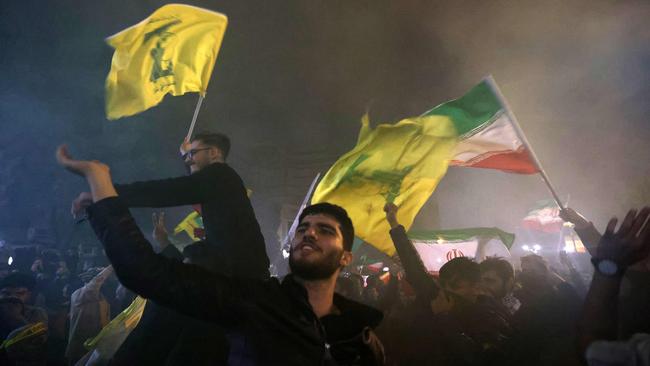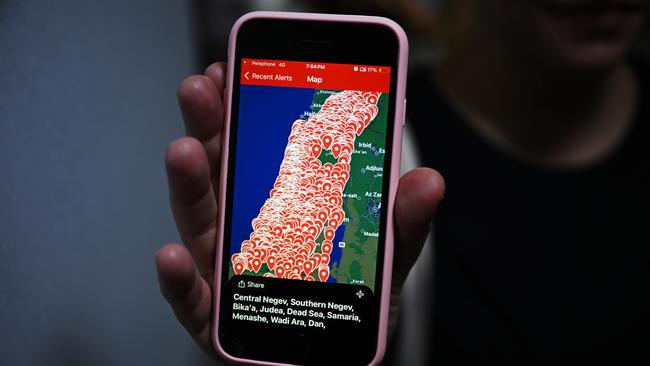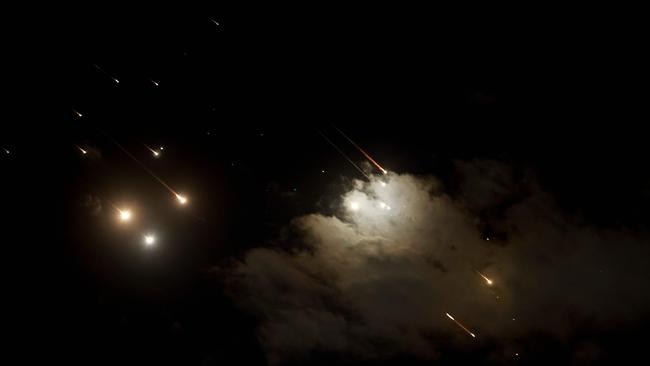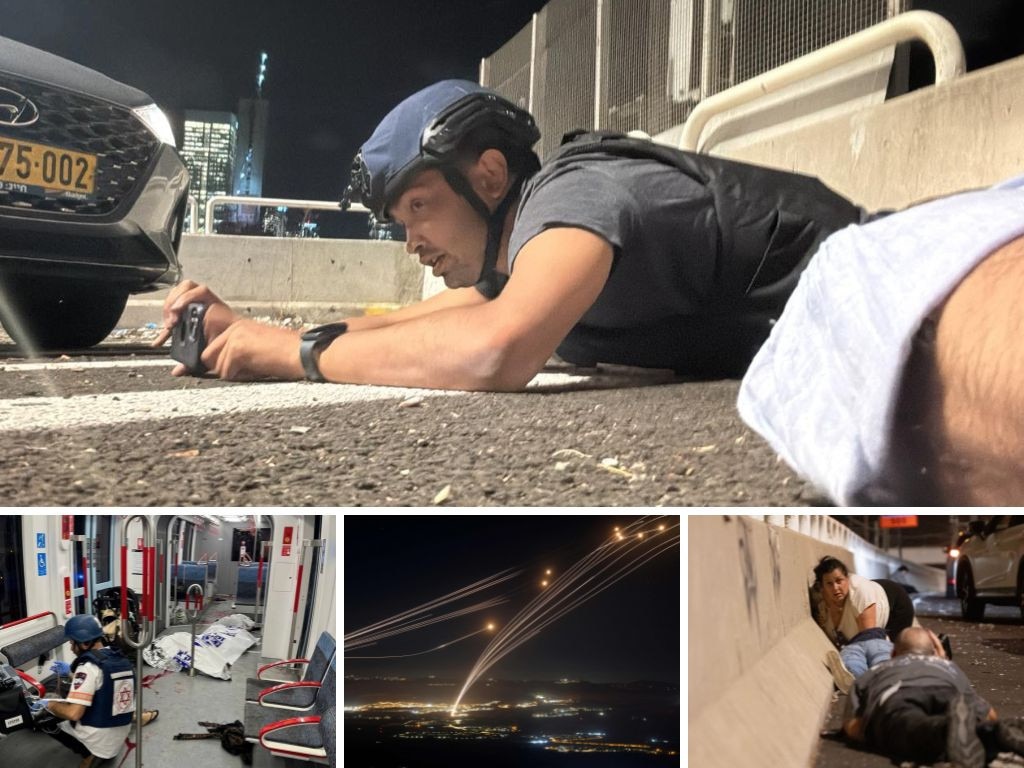
Iran, humiliated by Israel’s demolition of its proxy forces, has issued a direct challenge to Jerusalem. It will not go unanswered.
Iran’s response to Israel’s ground offensive into Lebanon is far more serious than its widely-telegraphed April 13 attack.
Its overnight barrage of nearly 200 of its most sophisticated ballistic missiles came with little warning, targeting sites across Israel.
A dozen major cities came under attack. Ten million people were forced into bomb shelters.
Most of the missiles were, once again, intercepted by Israel’s air defences. But the systems cannot be relied on, especially in the face of an overwhelming attack.
Iran’s Revolutionary Guard Corps has vowed further “crushing” attacks should Israel retaliate. But Israel will inevitably do so.
“We have plans, and we will act in the time and place that we choose,” IDF spokesman Daniel Hagari declared.
Israel has shown time and again that it can find and eliminate its enemies, even inside Iran. But the scale of the threat now risks drawing the US into the conflict, raising the prospect of a wider Middle East war.

The attack could not have come at a worse time for Kamala Harris, who faces a left-wing backlash over the conflict that could help return Donald Trump to the White House.
The Biden administration, along with a host of international partners including Australia, had just last week urged a 21-day ceasefire to try to stave off the escalation that is now underway.
But as frustrated as it is with Benjamin Netanyahu, the US knows that Iran’s rogue regime is the instigator of the region’s endless violence and cannot be allowed to attack Israel with impunity.
As more American naval assets and fighter jets surge into the region, the White House has warned it is reviewing its preparations to help Israel defend itself.
It hopes its resolve and bolstered regional presence will prevent the situation from spiralling out of control.
The longer-term strategic outlook for the region is also front of mind for the US, with Iran’s latest missile attack providing further evidence that the rogue state can never be allowed to acquire nuclear weapons.
And yet, the most dangerous moment in the Middle East in decades comes amid moral confusion in the West over Israel and its fight for survival.

The Albanese government’s demands for restraint by Israel and its tolerance of blatant anti-Semitism by protesters are jarringly out of step with the scale of the threat the country faces and its legitimate right to defend itself.
With an election just months away, it is desperately trying to protect seats from the Greens while being pummelled for its response by Peter Dutton on the right. The crisis is being similarly politicised across the developed world.
But the stark reality is that no country would tolerate what Israel has faced over the past year: the slaughter of 1200 of its people; hundreds of its citizens taken hostage; near-daily rocket fire from Lebanon; and now a second direct attack by Iran.
“As a responsible government that is obliged to protect its citizens, we were left without any other choice,” Israeli Ambassador to Australia Amir Maimon said on Wednesday.
“Just think what Australia or any other democratic country would be doing – letting the enemy keep firing, keep harassing, intimidating?”
The real tragedy is that Iran and its terrorist proxies – Hamas, Hezbollah and the Houthis – care nothing for the fate of Palestinian and Lebanese civilians, placing them in the line of fire as Israel tries to protect itself.
International criticism of Israel will only increase with the rising humanitarian toll.
But having withstood a year of intensive fighting and seemingly endless tragedy, Israel will not contemplate a future where its people come under constant threat.





The long-feared regional escalation of Israel’s defensive war has begun, heralding a new and dangerous phase of the conflict.